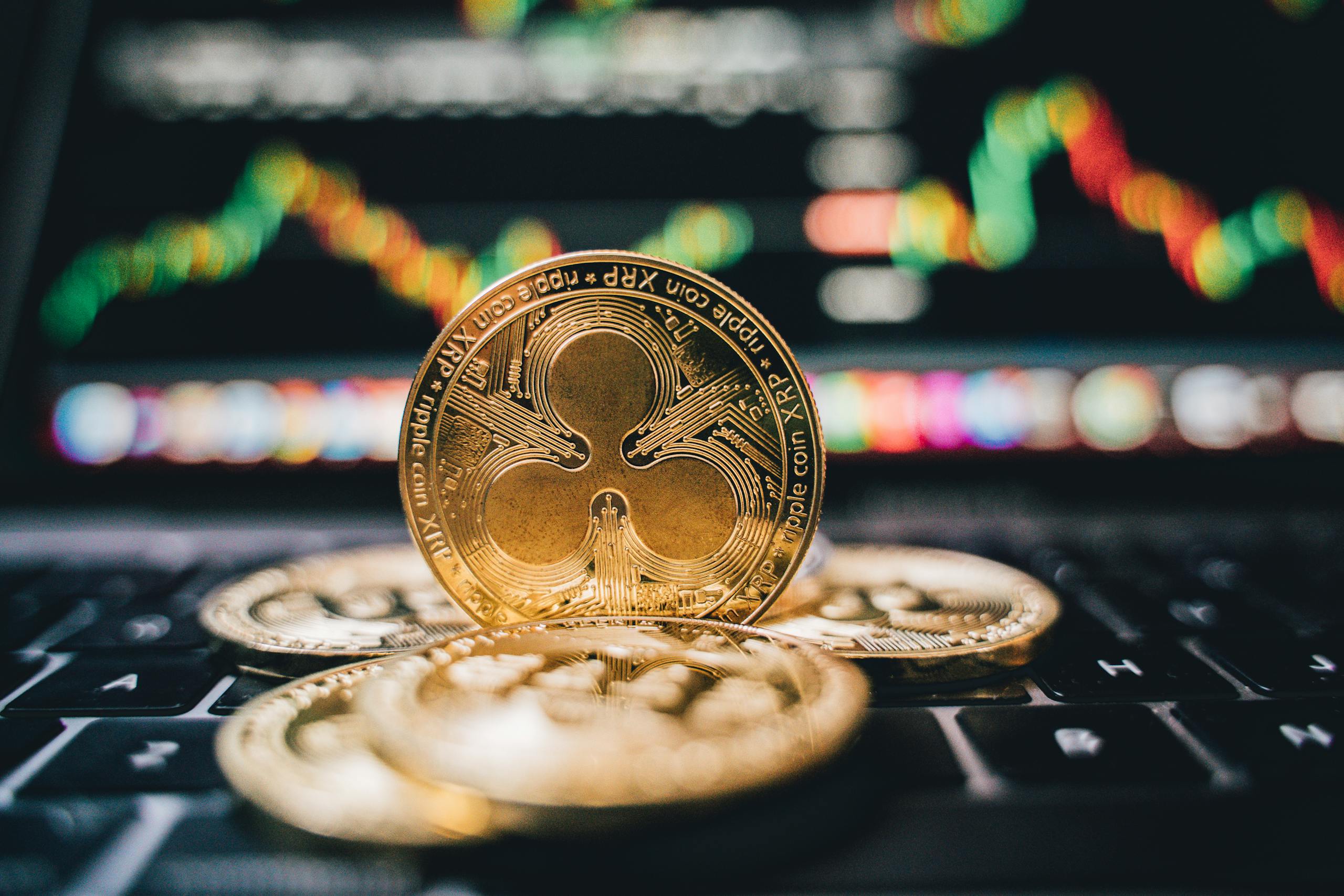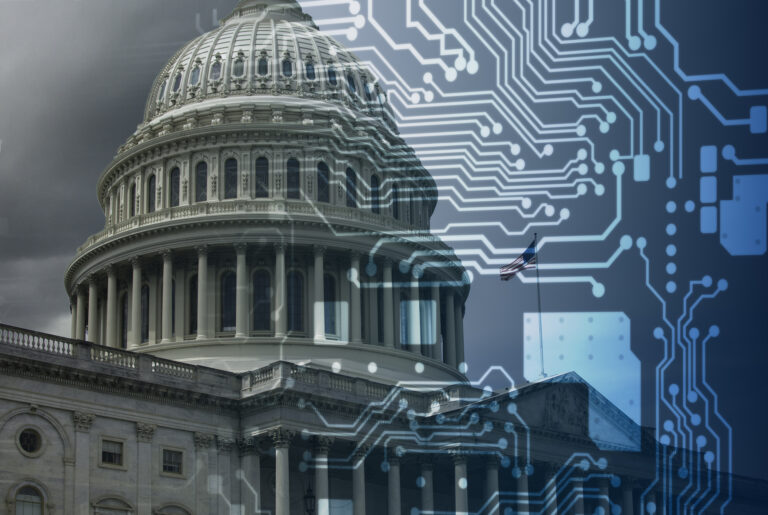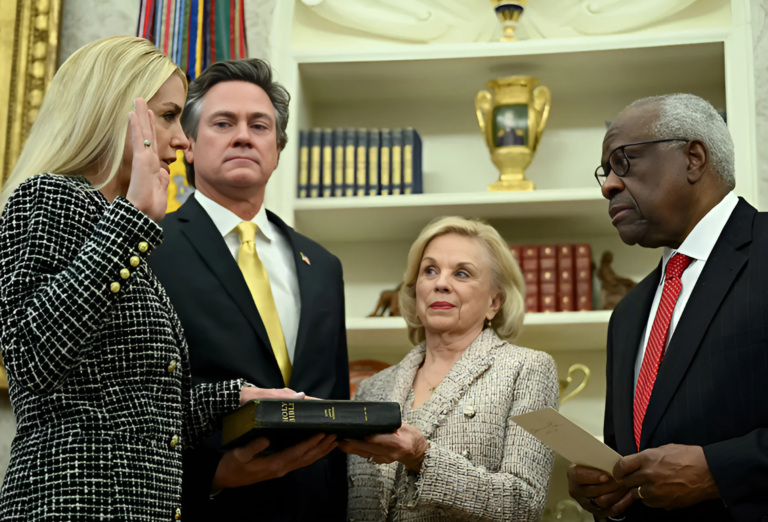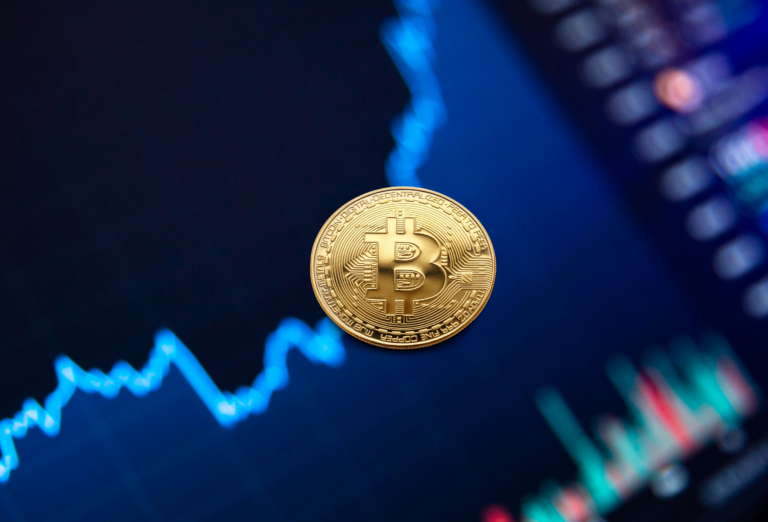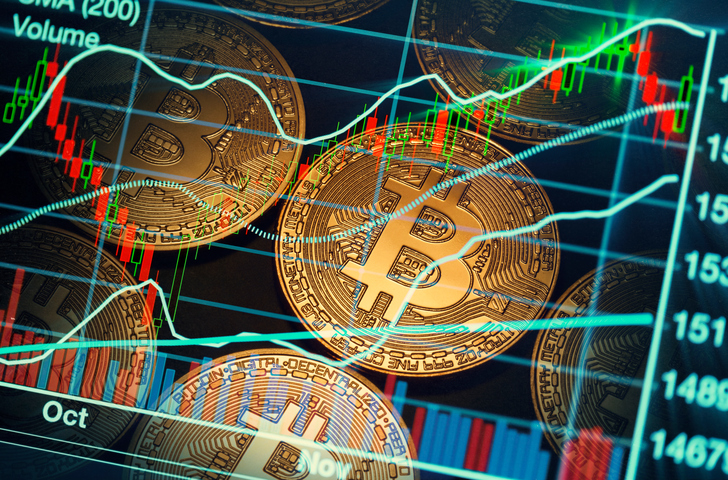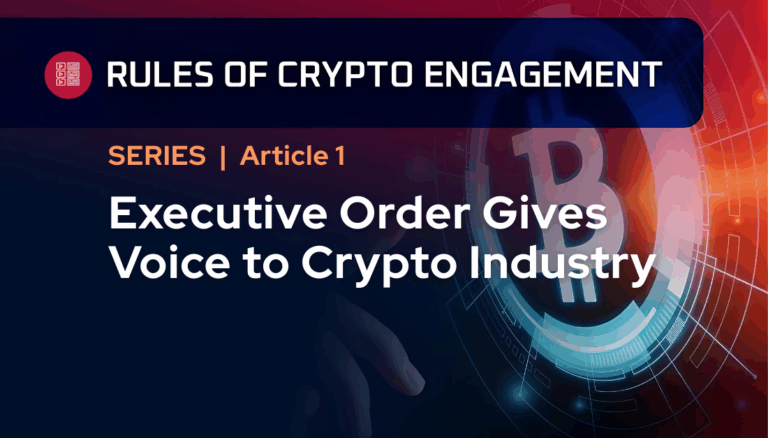UNGA Reflections and the Future of US Policy
During the last week of September, NexusOne had the privilege of attending technology and blockchain programming in New York City during the United Nations General Assembly. In sharing spaces with national and global business and policy leaders, NexusOne shares its insights into the next frontier of policymaking in the United States and abroad: real world asset tokenization and data privacy.
Tokenization
Real world asset tokenization involves converting physical and financial assets and their ownership rights into digital tokens. This process enhances liquidity, transparency, and transferability while allowing for fractional ownership. While much of the blockchain-focused media’s attention since the start of the Trump administration has been on market structure and stablecoins, both our conversations with regulators and policymakers and the White House’s Digital Assets Report issued in July 2025 suggest that tokenization represents the immediate next phase of digital asset policy making.
Across blockchain-focused programming in New York, American and international stakeholders highlighted the challenges for domestic and global tokenization. Across Europe, Asia, and the Americas, a lack of international classification harmonization on digital assets – as securities, commodities, or in the same category as the underlying asset – creates regulatory and compliance hurdles which inhibit companies from the certainty needed to incorporate these technologies into their operations. This includes a lack of clarity, regulation, and guidance on digital assets at large in many developing economies, which inhibits adoption in those nations.
For American use-cases, the future regulations governing tokenized assets are predictable. The White House’s Digital Assets Report urges financial regulators to classify tokenized assets separately from digital assets subjected to the GENIUS Act and eventual market structure legislation and its subsequent rulemakings. In particular, the report suggests the following actions will be undertaken:
- Clarification of Basel Committee on Banking Supervision (BCBS) standards of digital asset classifications will be urged by American authorities
- Certain tokenized assets will be treated as equivalents to traditional assets, thus subjected to the same capital and liquidity requirements
- Risk-based guidance will be issued regarding the permissibility of tokenized deposits for banks
While these recommendations provide a roadmap for eventual regulation, the exact rules governing actors in the space – including the token issuer, buyers and sellers of the tokenized asset, token developers, and token intermediaries – are still in early development stages. These rules will be under intense scrutiny by all actors involved in development – from relevant Congressional committees to the Administration and the independent regulatory agencies.
Privacy and Data Usability
Many panels and discussions revolved around data privacy and dialogues on best practices from international companies and regulators. In the context of innovation – including blockchain-backed data, digital ID’s, and more – the thought experiment of how much information does a bar bouncer need from a 22 year old’s ID which was presented by one panelist, highlights the possibilities and challenges of data responsibility.
In current times, private holding of identifying data is ubiquitous – from facial scans used to unlock phones to fingerprint and iris scans for the fast-lane at airport security. Issues in the personal data industry – including large-scale data breaches which has exposed millions of people’s genetic and personal identification and the bankruptcies of large data holders – has exposed the lack of clarity and guidance in United States regulations regarding safeguarding standards, encryption standards, user protections, and data holder protections and liabilities.
In addition to a lack of strong federal clarity and guidance, the states and their piecemeal regulations on data privacy and the duties of companies to protect and responsibly use personal data, and company liability for misuses and irresponsible conduct, places a national compliance burden which restricts innovation and nationwide adoption of emerging technologies.
For years, bipartisan voices in the legislative and regulatory communities have voiced their concerns regarding data privacy and the need for national standards. Given the posture of the Trump administration on clarifying rules and regulations while creating a pro-innovation regulatory and economic environment, the following issues present room for engagement with policymakers:
- The ability for user control of when, what, where, and how data is disclosed and stored by public and private entities
- The validity of zero-knowledge proofs for selective disclosure and verifications
- Interoperability of identifiable data with other platforms and operating systems or protocols when used at scale
- The role and validity of multi-party computation, homomorphic encryption, and differential privacy in blockchain-systems from commercial and financial perspectives
- Rules regarding the aggregation of data and consent for aggregation
- Liability on developers, storage providers, corporations, and consumers in the protection of data from both breaches and irresponsible corporate practices
The momentum regarding privacy stemming from consumer protection groups and from technology leaders – in no small part due to the ongoing Tornado Cash legal battles – has elevated the conversation in Washington, New York, and the world at large. By engaging with regulators and policymakers, actors in the space can continue to build their innovations in a stronger and more certain regulatory environment.

